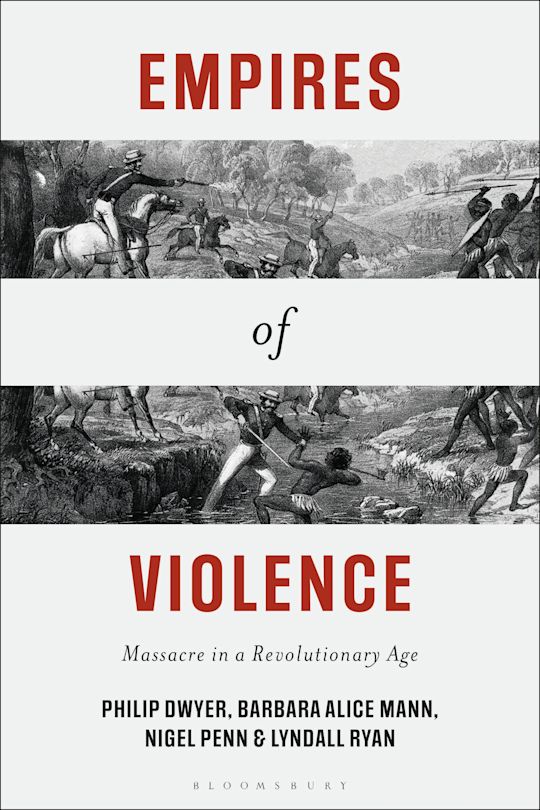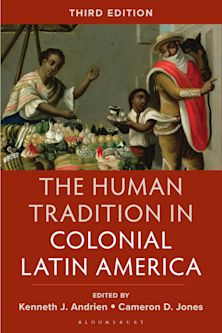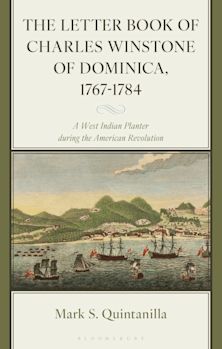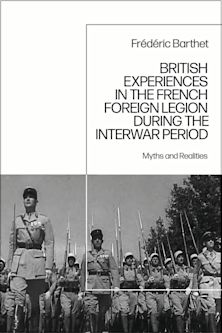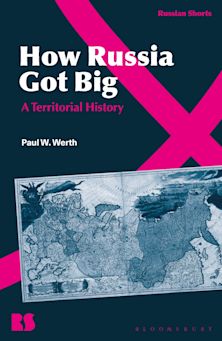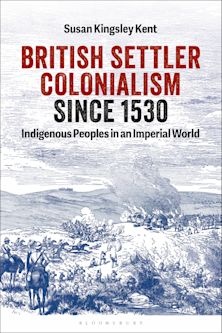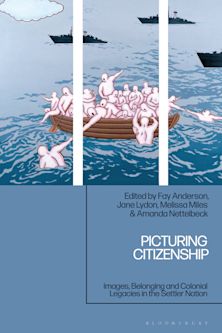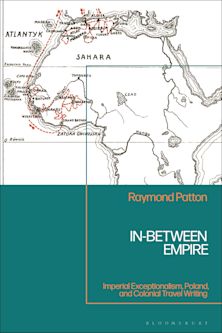- Home
- ACADEMIC
- History
- Imperial and Colonial History
- Empires of Violence
Empires of Violence
Massacre in a Revolutionary Age
Empires of Violence
Massacre in a Revolutionary Age
You must sign in to add this item to your wishlist. Please sign in or create an account
Description
Violence was a constant on all colonial frontiers, from the British expansion into the Australian and African continents, to the expansion of the United States and the Napoleonic Empire's many incursions into Europe. Yet how did the forms of violence perpetrated in these four corners of the world compare? Did the oppression and exploitation of colonized peoples constitute a new form of violence? Or was it the same that Europeans had always used against conquered peoples?
In this book, four experts specializing in four different regions of the world come together to interrogate the violence committed against Indigenous peoples between 1780 and 1820. Showing how violence and massacre were a tool at the disposal of the colonizer, and often used to subjugate unruly populations, they examine the changing nature of warfare and killing from both a European and Indigenous perspective. Empires of Violence shows how race, othering and fear were maintained and buoyed by violence, in spite of prevailing discourses on humanitarianism, civilization and progress.
Table of Contents
1. A Revolutionary Age in a Global Context
2. Ways of Being, Ways of Seeing
3. Local and Indigenous Ways of Warfare
4. The Logic of Violence and Massacre on the Imperial Frontier
5. Massacre, the State, and the Revolutionary and Napoleonic Wars
6. The Colony of New South Wales
7. 'Determining to Exterminate Them' in 'Terror in Desolation': Massacre in North America
8. 'Striking Terror into the Enemy': The Ethnic Cleansing of the Zuurveld
Epilogue: Reflections on Massacre and Colonial Violence in a Revolutionary Age
Notes
Bibliography
Index
Product details

| Published | 30 Oct 2025 |
|---|---|
| Format | Ebook (Epub & Mobi) |
| Edition | 1st |
| Extent | 344 |
| ISBN | 9781350538658 |
| Imprint | Bloomsbury Academic |
| Publisher | Bloomsbury Publishing |
About the contributors
Reviews
-
An important book- well written and engaging to read. But also particularly timely joining a growing corpus of studies which are now reassessing the history of the great European empires which coincides with the dramatic shift of economic and political power from the West to South and South-East Asia. The four authors bring their local expertise together and are able to meld their studies of South Africa, Australia, America and the Napoleonic Empire together in an innovative and challenging way. They also juxtapose the extreme violence underpinning empire between 1780 and 1820 with what has also been seen as the height of the European enlightenment.
Henry Reynolds, Professor, University of Tasmania, Australia
-
Violence transformed much of the world during the Revolutionary and Napoleonic wars, not just within Europe or colonial spaces, but in both. This brilliant team probes this violence, exploring the French and British invasions of Europe, North America, Southern Africa and Australia to provide an interconnected and comparative history of the barbaric making of the modern world'
Alan Lester, Professor, University of Sussex, UK
-
In the seminal online Colonial Frontier Massacres mapping project Lyndall Ryan and colleagues showed Australians the stark reality of the genocidal wars that founded their nation. In Empires of Violence, Ryan and co-authors show us we were part of a much broader system of colonial occupation of Indigenous lands that was underpinned by extreme violence as the singular, unrelenting method of subjugating resistance. Importantly, it interrogates the origins of the massacre as a tactic of warfare in Europe in the late 18th and early 19th centuries, and how this translated to, and legitimised, state-sanctioned tactics of shock, awe and terror in the colonies. Empires of Violence is an important part of a new era of comparative colonial scholarship unravelling the blood stained 'crimson thread of kinship' and the Australian nation.
Stephen Gapps, President, The History Council of NSW, Australia
-
This innovative collaboration sheds light on the experiences of diverse peoples confronting imperial violence, illuminates transnational linkages, explores continuities in the psychology of mass killing, and conclusively demonstrates the inextricability of imperial conquest and extreme violence. This is a daring, important, heart-breaking study which demands a wide readership.
Elizabeth Elbourne, Professor, McGill University, Canada

ONLINE RESOURCES
Bloomsbury Collections
This book is available on Bloomsbury Collections where your library has access.









